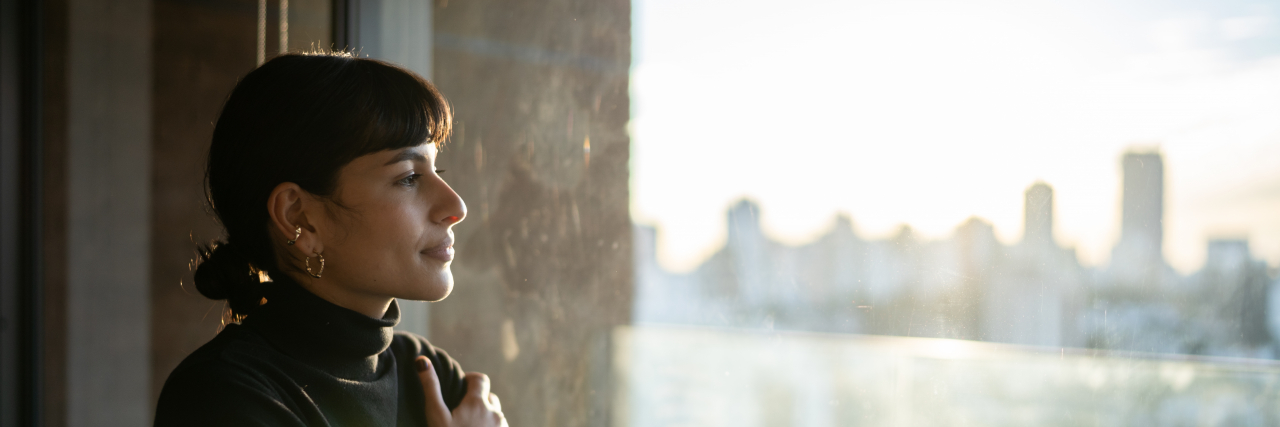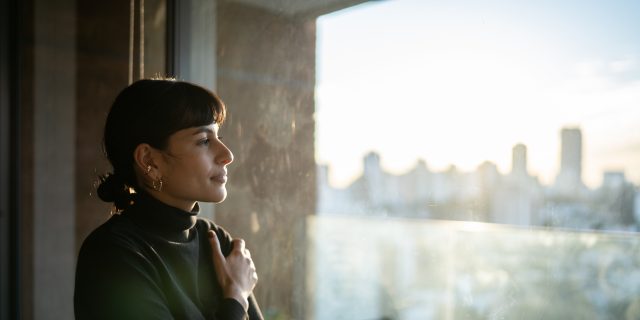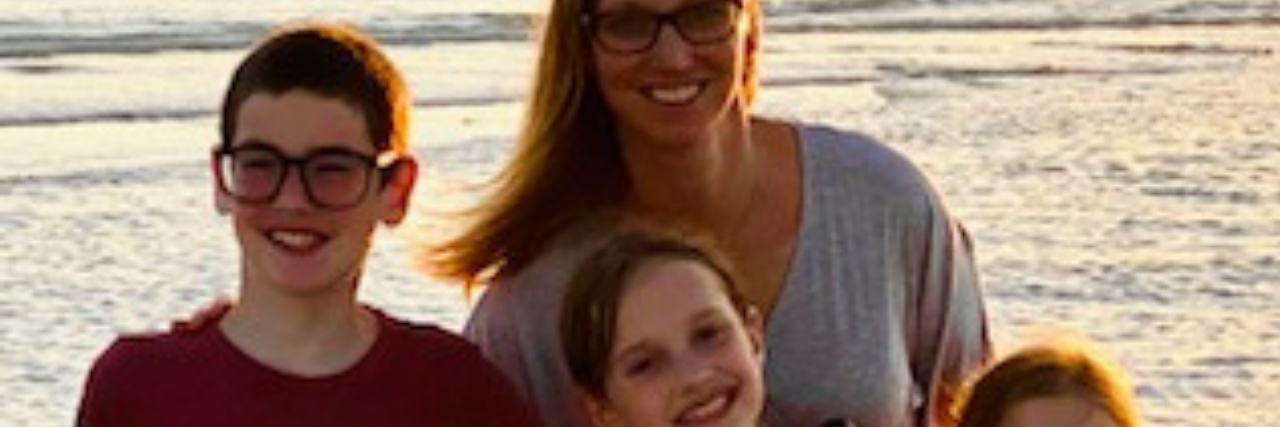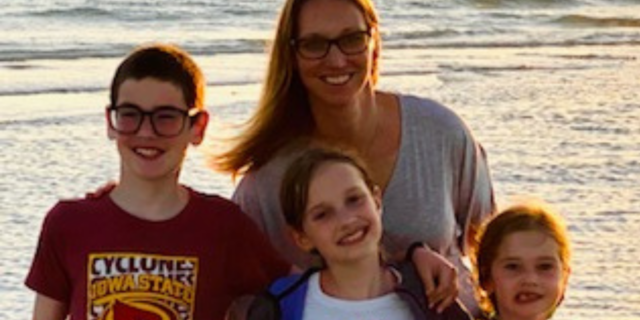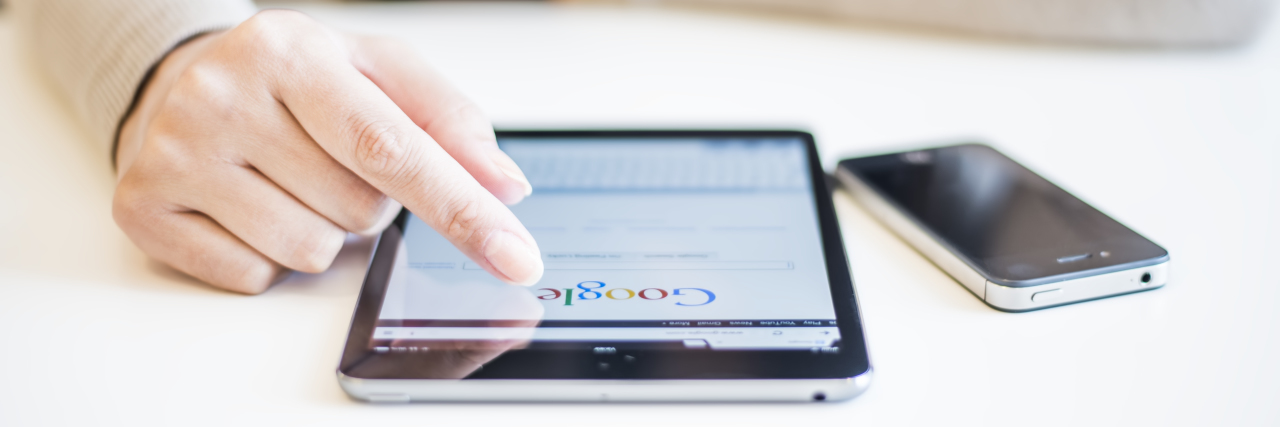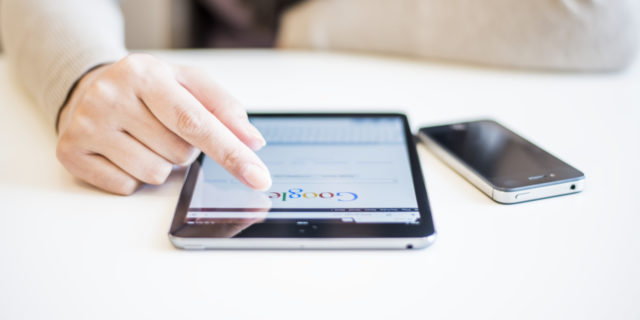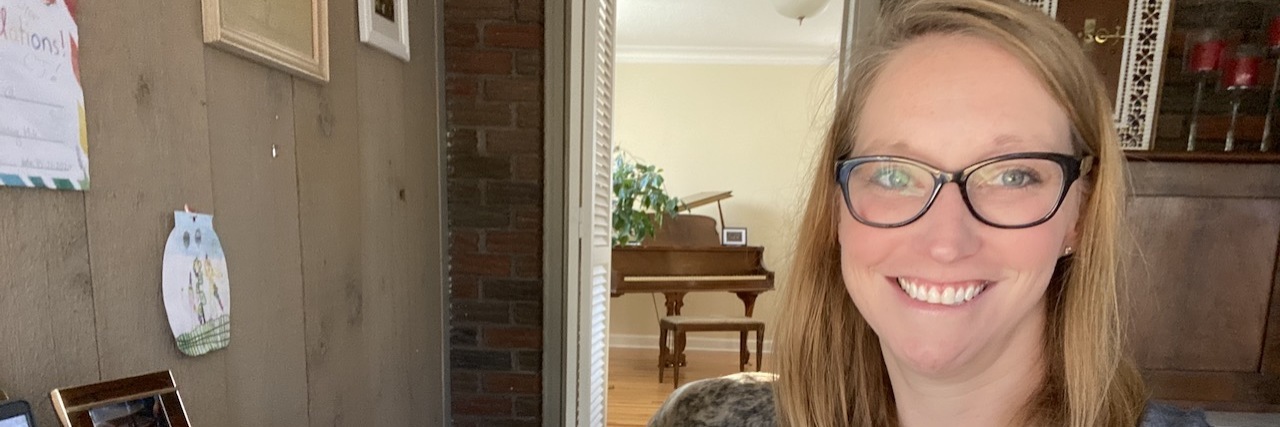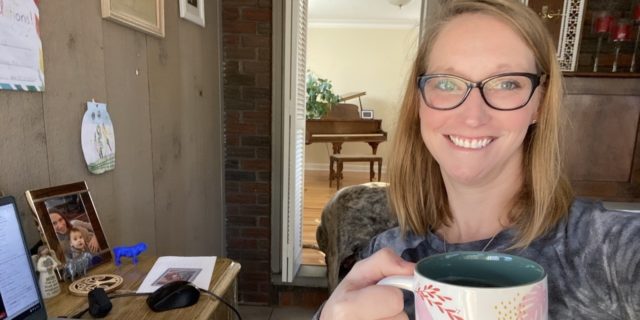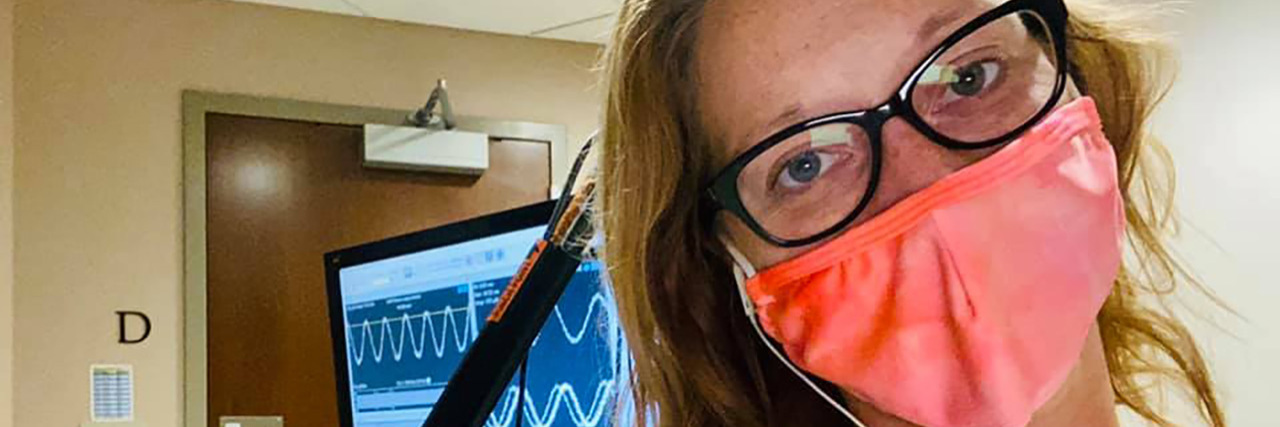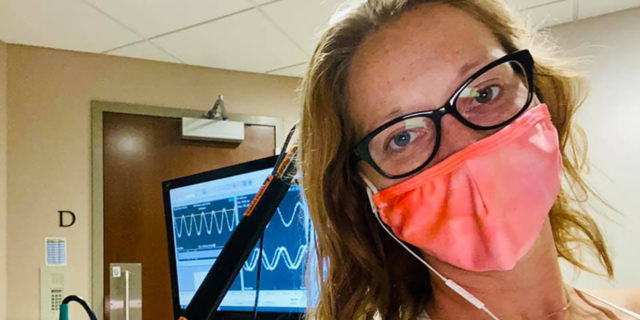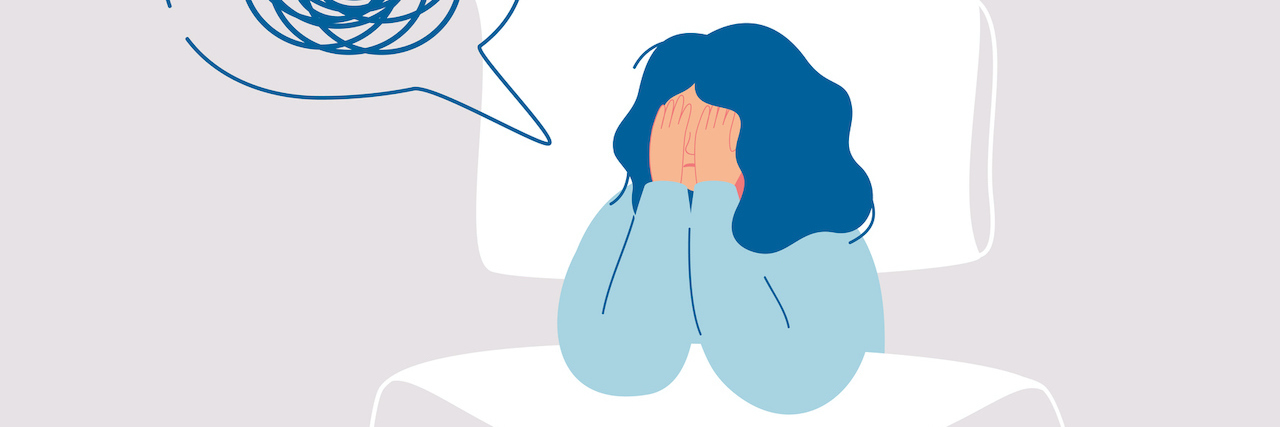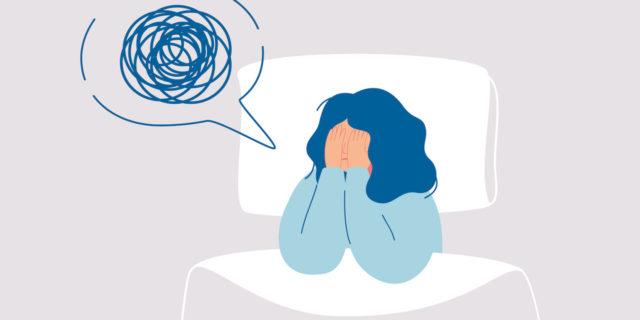Part 1 of 2 Today I feel raw. Today all feels heavy. Today I cannot see light. These are the days between the good ones found in living with rare chronic disorders and the #MentalHealth associated with such diagnoses.
When I was 35, my life was literally flipped on its side as I was thrown out to sea with no sign of rescue. I was diagnosed with the rare, chronic #MalDeDebarquementSyndrome . When I was 39, I was diagnosed with the rare, chronic #ThoracicOutletSyndrome .
When talking about my disorders, I often talk about my symptoms: feeling as if I’m constantly in motion, nausea, brain fog, migraines, chronic pain, change of gait, and numbness and tingling down my arms into my hands. But I rarely talk about the #MentalHealth aspect of living with two chronic incurable diseases.
I was diagnosed with #Anxiety and #Depression when I was 19 years old. It’s no surprise that my #Anxiety and #Depression have increased as my diagnoses rolled in. It’s no surprise that I mourn the person I once was before my diagnoses. It’s no surprise that some days my chronic pain and chronic #MentalHealth are too much to carry.
This all came to a head three weeks ago when the world became too dark. When the weight of my disorders became too much to bear. I could no longer see my worth on this earth. I imagined the life my children would lead without me as a burden dragging them away from their lives. I imagined the relief my husband would feel not having to deal with me. I saw myself as a burden, I felt the pain of my illnesses and the truth of what it must be like to live with someone who always “doesn’t feel well.” I imagined my family would be better off without me. And I held a kitchen knife in my hands contemplating ending my life.
After several minutes standing there, holding the knife in my hand, touching the blade to the blue vein in my wrist, I dropped it in the sink and ran upstairs. I fell to my knees before my husband and said “I need help.”
I was admitted to an emergency room and stripped of my belongings and my self worth. I was required to wear a prison-like uniform that was green rather than orange but still maintained the identifier that this person was a risk to themselves or others.
I was in the emergency room, so I witnessed #COVID19 patients being transferred to ICU. I witnessed a gun shot victim being escorted by police to the room next to ours. I witnessed a male so drunk, his hospital gown was on backwards exposing himself to the world. Food was brought to me at the end of my bed. Occasionally, a nurse would stop in to give me medication. I forgot things. I forgot who I was at times. I forgot where I was. I was medicated and confused. But I was not treated; I was monitored for three days.
I hadn’t slept in three days. I hadn’t showered without someone watching me for three days. I had been alone with my thoughts. I had a young man babysitting me all hours and yet there were no hospital beds available to move me from the emergency room to the psychiatric ward.
On that third day, I called my husband. I begged him to come get me and help me find a #MentalHealth retreat. Where I could work on myself, have counseling sessions, talk to others, and not feel like a prisoner.
My husband saved my life that day. He picked me up, brought me home long enough to shower in my own shower, then dropped me at a new behavioral unit with open beds across town. I checked myself in. I told my story, and the social worker said I would be ok. The heaviness would not always feel this heavy and the darkness would not always feel these dark.
I spent five days in the behavioral unit. We played cards, did yoga, played chess, shot hoops, ate a lot, slept a little, played backgammon, colored pictures saying “you are awesome,” rode stationary bikes and spent about 12 total minutes with a psychiatrist and social worker in those five days.
This is #MentalHealth . This is the state of #MentalHealth in our country. You either remain a prisoner at the local emergency room or you retreat to a behavioral unit where the techs are more worried about the number of plastic spoons that were handed out during meals than they are that a patient cannot see her way out. I would beg to see the light of day and one kind tech would open a door to the courtyard and let the sun shine down on me in -5 degree weath
